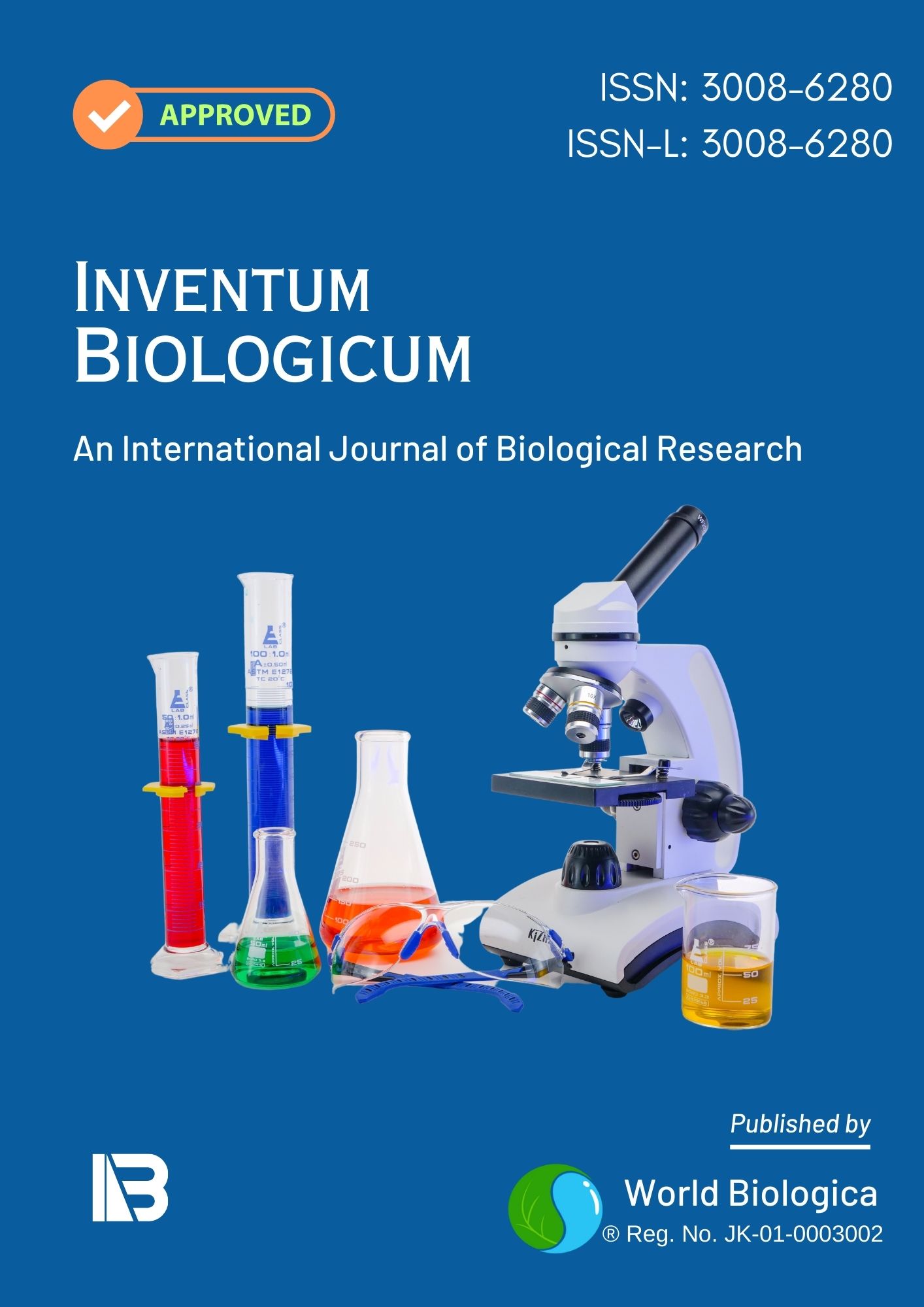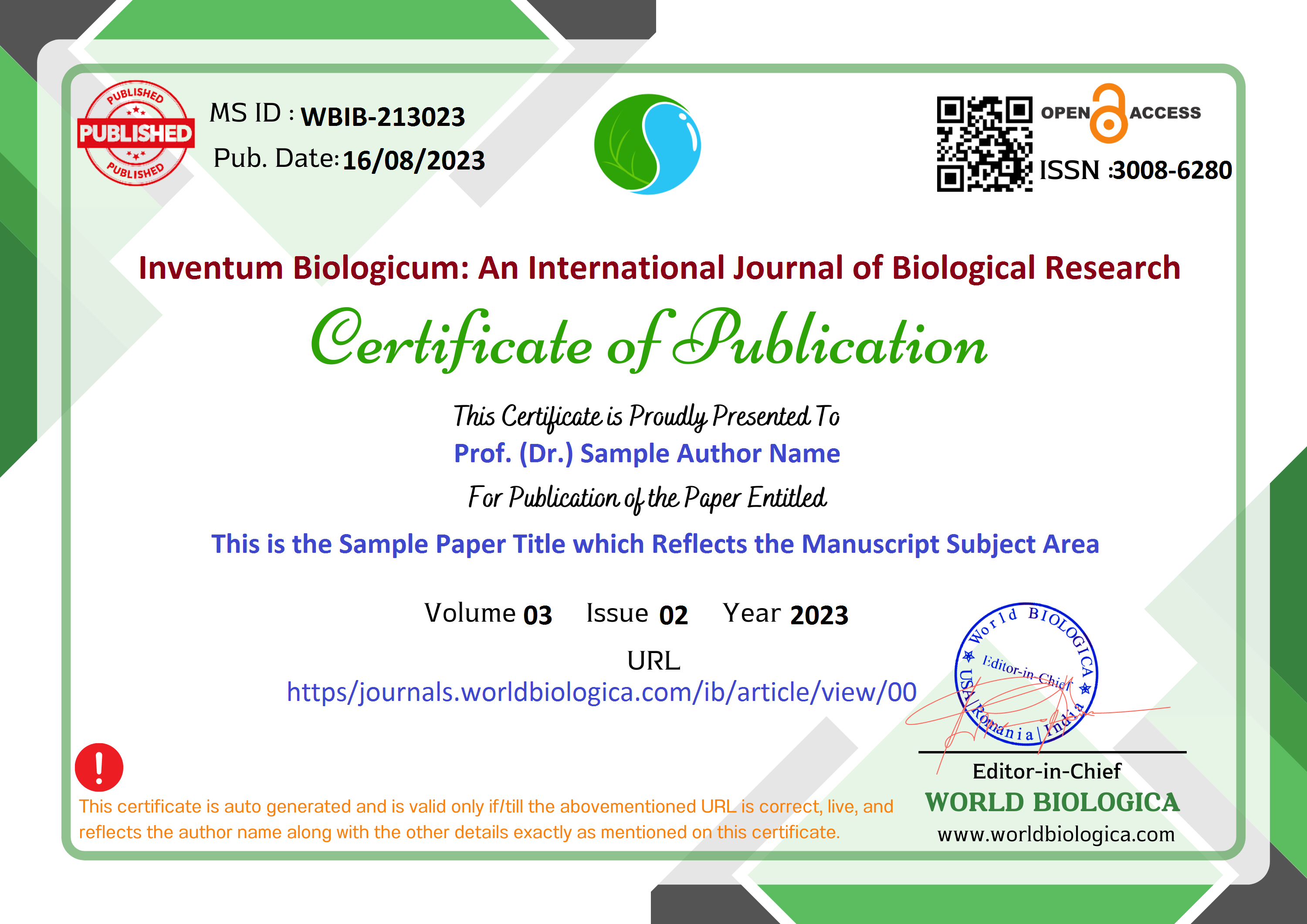Community Participation in Drinking Water and Sanitation Programmes
Cuvinte cheie:
Water quality, Health, Sanitation, Social concernRezumat
This research primarily aims to examine the community participation in drinking water and sanitation programs in Banihal Tehsil as well as the role of the community in managing water and sanitation. In this section, we make an effort to investigate community involvement in water and sanitation management in the Banihal and Chanchiloo blocks of Banihal Tehsil. The water supply system is unsatisfactory for 35.27 percent of the responders in the Chanchiloo block. Compared to 27.66% in Chanchiloo, only 4.12% of Banihal block families are happy with the water system. Co-designing and co-producing WASH solutions with communities is an excellent way to include them and gain greater community acceptability and ownership.
##plugins.generic.usageStats.downloads##
Referințe
Adams E. A. & Boateng G. O. 2018 Are urban informal communities capable of co-production? The influence of community–public partnerships on water access in Lilongwe, Malawi. Environment and Urbanization 30 (2), 461–480.
Bibri E. 2019 On the sustainability of smart and smarter cities in the era of big data: an interdisciplinary and transdisciplinary literature review. Journal of Big Data 6 (1), 1–64.
Crosby S., Younie S., Williamson I. & Laird K. 2020 Evaluating approaches to designing effective Co-Created hand-hygiene interventions for children in India, Sierra Leone and the UK. PLoS ONE 15 (9), e0239234.
Kariuki G., Magambo J., Njeruh F., Muchiri M., Nzioka M. & Kariuki S. 2012 Changing Mother's hygiene and sanitation practices in resource constrained communities: case study of Turkana District, Kenya. Journal of Community Health 37, 1185–1191.
Montuori A. 2013 The complexity of transdisciplinary literature reviews. Complicity: An International Journal of Complexity and Education 10 (1/2), 45–55.
Nastar M., Abbas S., Aponte Rivero C., Jenkins S. & Kooy M. 2018 The emancipatory promise of participatory water governance for the urban poor: reflections on the transition management approach in the cities of Dodowa, Ghana and Arusha, Tanzania. African Studies 77 (4), 504–525.
Nyam Y. S., Kotir J. H., Jordaan A. J., Ogundeji A. A. & Turton A. R. 2020 Drivers of change in sustainable water management and agricultural development in South Africa: a participatory approach. Sustainable Water Resources Management 6 (4), 1–20.
O'Donovan J., Thompson A., Stiles C., Opintan J. A., Kabali K., Willis I., Mutimba M. E., Nalweyiso E., Mugabi H., Kateete D. P. & Ameniko M. 2020 Participatory approaches, local stakeholders and cultural relevance facilitate an impactful community-based project in Uganda. Health Promotion International 35 (6), 1353–1368.
Oliver S., Garner P., Heywood P., Jull J., Dickson K., Bangpan M., Ang L., Fourman M. & Garside R. 2017 Transdisciplinary working to shape systematic reviews and interpret the findings: commentary. Environmental Evidence 6 (1), 1–7.
Velayati A., Bakayev V., Bahadori M., Tabatabaei J., Alaei A., Farahbod A. & Masjedi R. 2007 Religious and cultural traits in HIV/AIDS epidemics in sub-Saharan Africa. Archives of Iranian Medicine 10 (4), 486–497.
Wodon Q. & Blackden M., (eds). 2006 Gender, Time Use, and Poverty in sub-Saharan Africa. The World Bank, Washington, DC.
Descărcări
Publicat
Cum cităm
Număr
Secțiune
Licență
Copyright (c) 2024 Inventum Biologicum: An International Journal of Biological Research

TAceastă lucrare este licențiată în temeiul Creative Commons Attribution-NonCommercial-NoDerivatives 4.0 International License.













